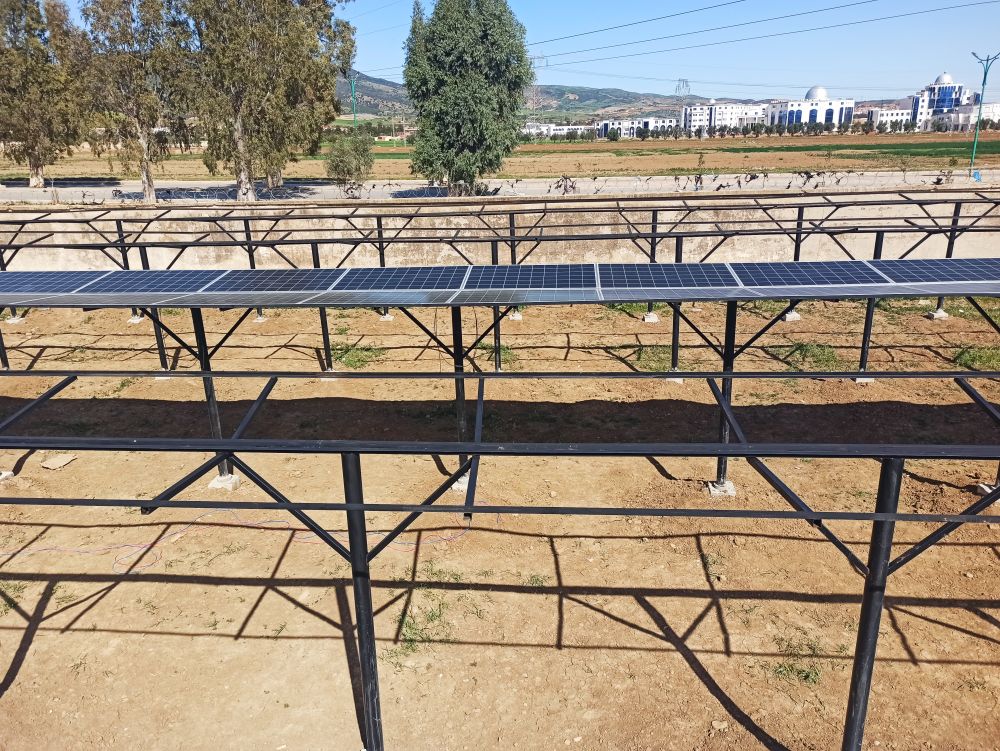| Duration: | June 2019 - May 2022 |
| Contracting Authority/ Sponsors: | PRIMA (Partnership for Research and Innovation in the Mediterranean Area) programme supported under Horizon 2020, the European Union’s Framework Programme for Research and Innovation. |
| Project Partners: | University of Murcia; Central Board of Users of Vinalopó Basin, L'Alacantí and Water Consortium of Low Marina; Spanish National Research Agency CEBAS –CSIC; University of Oran1, Ahmed Ben Bella. LAPECI laboratory; University of Djilali Bounaama Khemis Miliana. Research laboratory of agricultural production and sustainable development of natural resources; Arvum Agriculture & Technological Services S.L.; Turkish Water Institute SUEN |
| Website: | |
| Project Focus: |
WATERMED4.0 – Smart technologies to improve quality and safety of Mediterranean agriculture
The WATERMED 4.0 project aims at the efficient use and management of conventional and non-conventional water resources. The use of smart technologies will protect the agriculture of semi-arid Mediterranean areas. Agrivoltaics will be investigated for its potential to manage the resource water in the subgoal IV of the project. The extent to which shading from solar panels reduces the irrigation needs of crops growing underneath will be quantified. The integration of a water treatment system to prevent or mitigate soil salinization from low-quality water (LQW) into the agrivoltaic system will also be investigated. Other research questions address the use of generated electricity by electrically powered parts of the water system such as water pumps and sensors.
The main objective of WATERMED 4.0 is to develop an integrated decision support system based on the Internet of Things (IoT). This system will manage the entire agricultural water cycle, monitor water resources (conventional and non-conventional) and water demand. The decision-making processes will be guided by economic, energy, social, and governance factors that locally influence the efficiency of water use in the agricultural production areas of the Mediterranean region. Thus, the decision support system can be adapted to increase the quantity and quality of water available for agriculture and to conserve water and nutrient at diverse sites
Agrivoltaics, as an integrative and innovative land use system, has an important role to play in this context. Beyond the increased land efficiency on agriculturally suitable land, the agrivoltaic system can also have a positive impact on the water balance. The extent to which the canopy and shade effects of the modules reduce evapotranspiration from the underlying area and create a humid microclimate conducive to growth must be quantified. The design of the module elevation will also be investigated for a potential dual use by supporting the parallel installation of a smart water treatment system. The extent to which the generated electricity can be effectively used for water treatment, especially in more remote areas, is also to be investigated in order to optimize the synergy between agrivoltaics and the water supply of Mediterranean agriculture.
